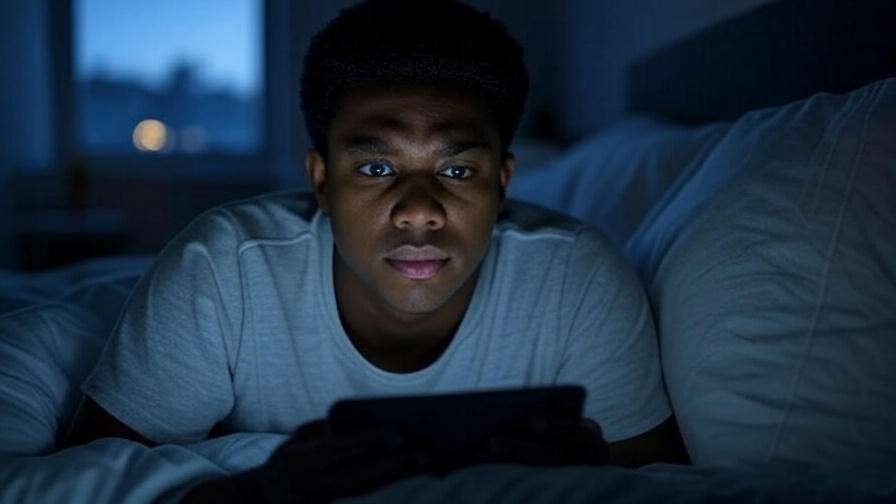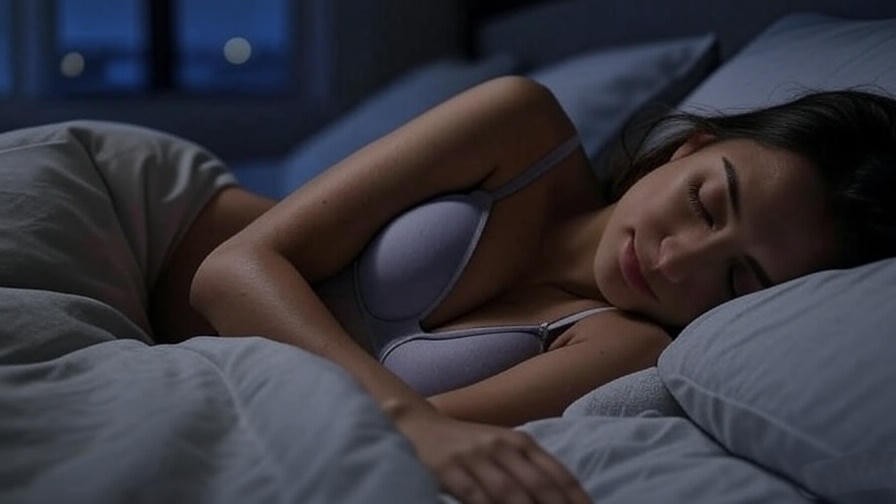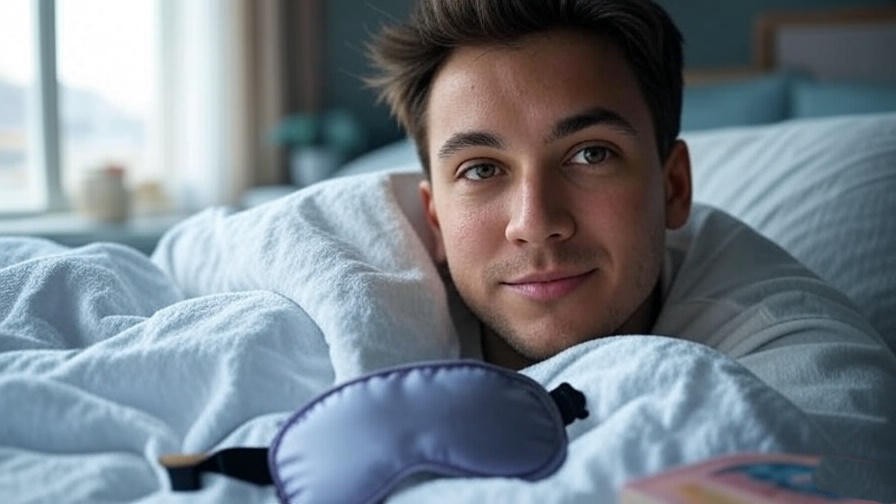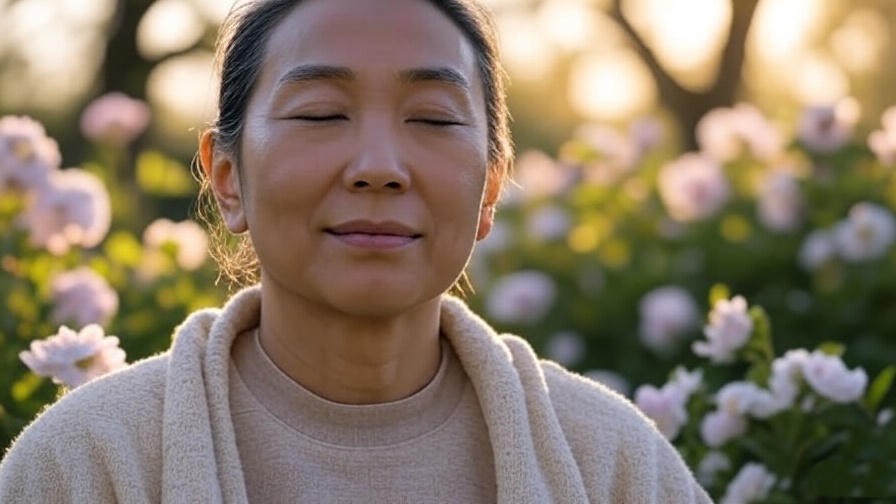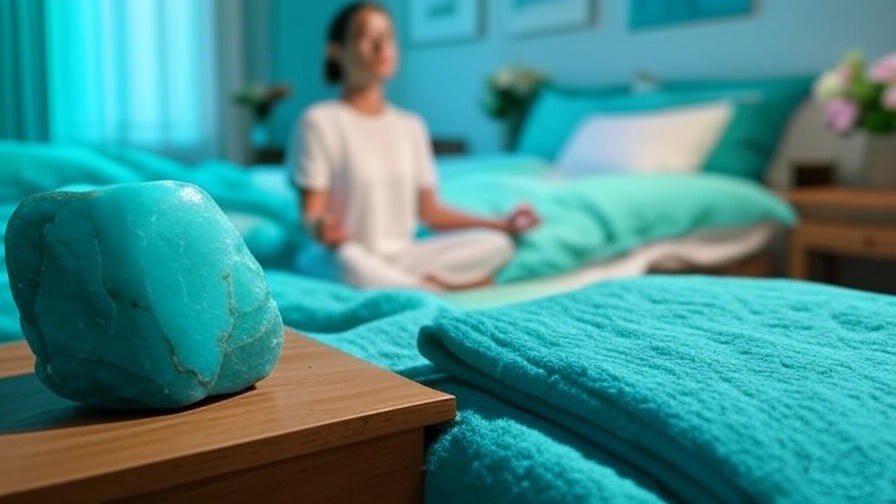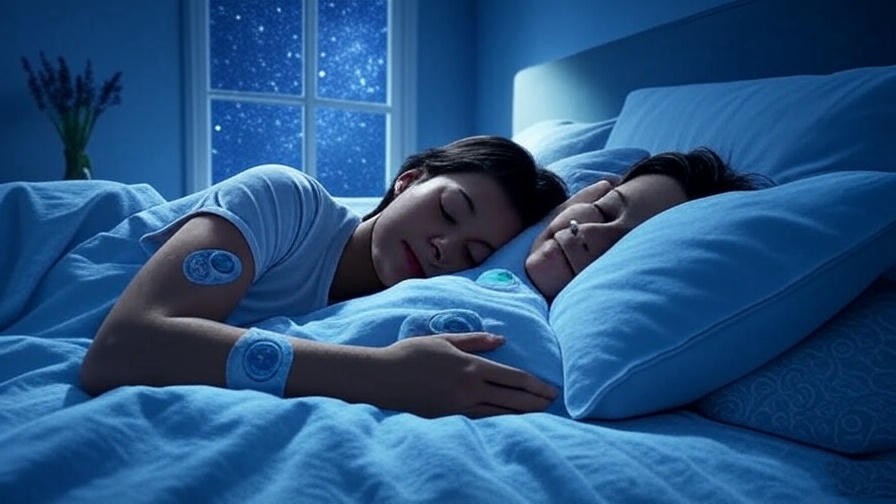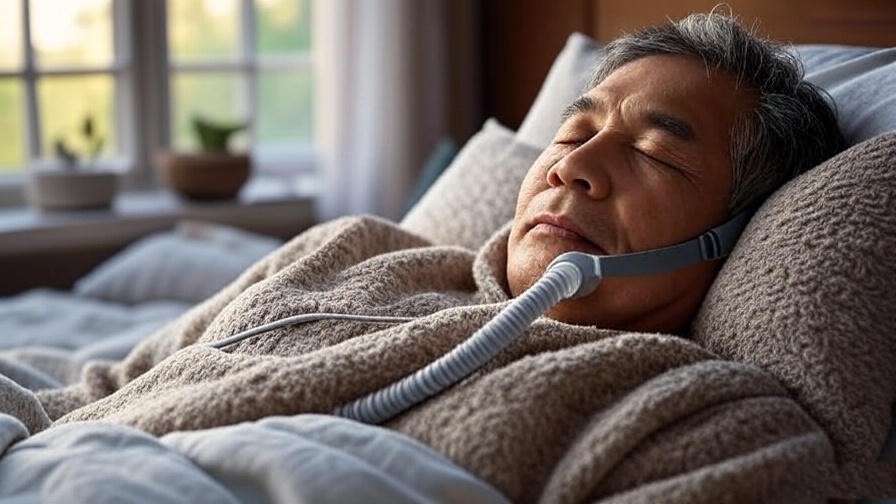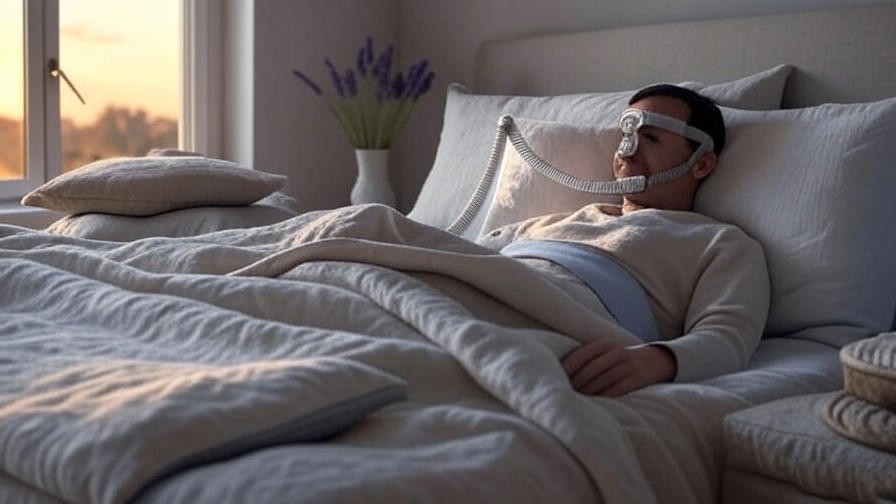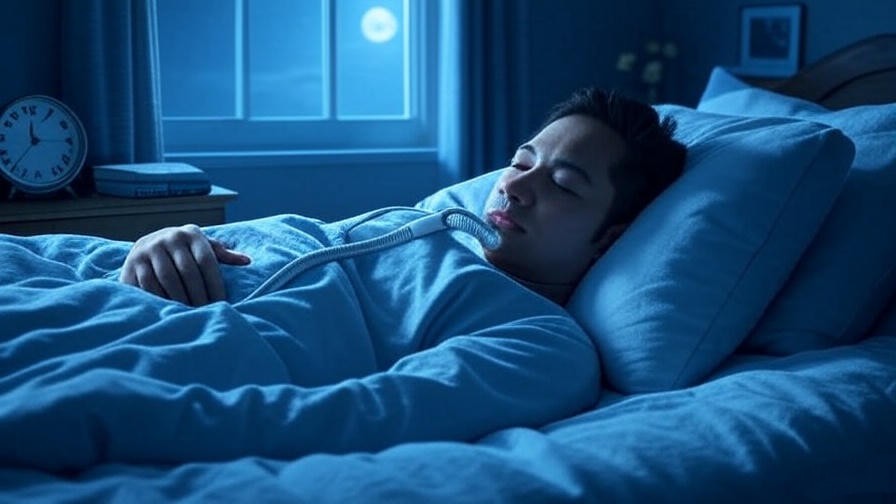Picture this: It’s 11 p.m., and you’re lying in bed, scrolling through your phone, promising yourself “just five more minutes.” Hours pass, yet sleep eludes you. Sound familiar? In our tech-driven world, devices like smartphones and laptops are silently sabotaging your sleep health. The constant ping of notifications, glowing screens, and endless content can disrupt your rest, leaving you tired, unfocused, and far from your best self. Enter oneframework, a holistic approach to balancing technology with mindfulness, meditation, and well-being. This article explores six ways technology affects your sleep health and offers practical, oneframework-inspired solutions to help you reclaim restful nights and enhance your happiness.
By understanding these impacts and applying mindful strategies, you can transform your sleep routine and wake up refreshed. Backed by scientific research and expert insights, this guide is designed to empower you with actionable steps to improve your sleep hygiene, reduce stress, and align with the principles of holistic well-being.
Word Count Estimate: ~200 words
Understanding the Impact of Technology on Sleep Health
Why Sleep Health Matters
Sleep is the cornerstone of physical, mental, and emotional well-being. It supports immune function, cognitive performance, and emotional resilience. According to the National Sleep Foundation, adults need 7-9 hours of quality sleep nightly to thrive. Poor sleep health can lead to issues like weakened immunity, impaired focus, and increased risk of anxiety or depression. In the context of holistic well-being, restful sleep fosters clarity for meditation, vivid dreams, and a foundation for happiness. Yet, technology often undermines this vital process, making it harder to achieve restorative rest.
The Role of Technology in Modern Life
Smartphones, tablets, laptops, and smartwatches are indispensable tools, keeping us connected, informed, and entertained. However, their constant presence can disrupt our circadian rhythm, the body’s internal clock that regulates sleep and wakefulness. From late-night scrolling to work emails at midnight, technology overstimulates our brains, making relaxation elusive. Oneframework, a mindful approach to integrating technology with self-care, offers a solution. By prioritizing intentionality and balance, oneframework helps you harness technology’s benefits while protecting your sleep quality and overall wellness.
Word Count Estimate: ~300 words
6 Ways Technology Affects Your Sleep Health
1. Blue Light Exposure Disrupts Melatonin Production
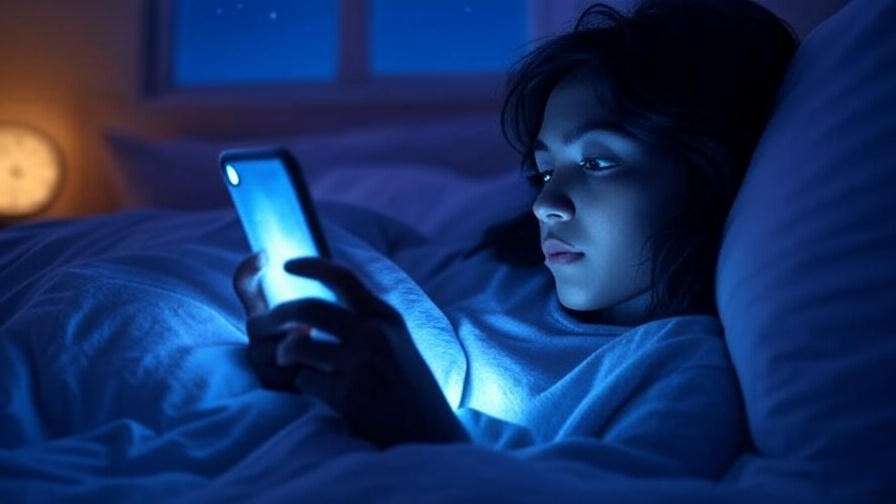
The blue light emitted by screens—whether from your phone, tablet, or laptop—suppresses melatonin, the hormone that signals your body it’s time to sleep. Research from Harvard Medical School shows that blue light exposure in the evening can delay sleep onset by up to three hours and reduce REM sleep, critical for memory and mood regulation. This disruption throws off your circadian rhythm, leading to restless nights and daytime fatigue. For those seeking holistic well-being, this interference can also hinder meditation and dream clarity, as melatonin plays a role in both.
2. Constant Connectivity Increases Stress and Anxiety
The endless stream of notifications, emails, and social media updates keeps your brain in a state of hyper-alertness. This triggers the release of cortisol, the stress hormone, which makes it harder to relax and fall asleep. A 2023 study from the American Psychological Association found that frequent device use before bed is linked to higher rates of insomnia and anxiety. For individuals pursuing happiness and mindfulness, this constant connectivity can erode emotional balance, making it difficult to unwind and achieve restful sleep.
3. Irregular Schedules from Binge-Watching or Gaming
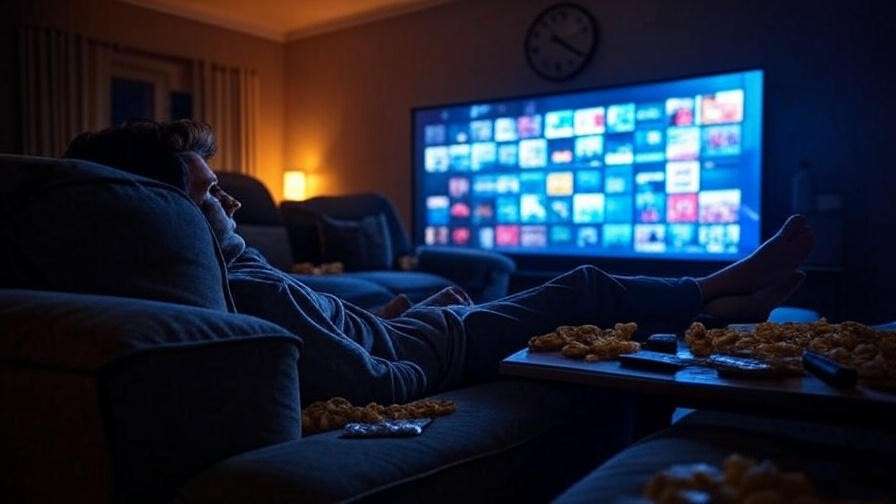
Binge-watching your favorite series or diving into an immersive video game can tempt you to stay up past your bedtime, disrupting your sleep schedule. The Sleep Research Society reports that irregular sleep patterns reduce sleep efficiency, leading to less restorative rest and increased daytime drowsiness. This is particularly problematic for those aiming to maintain a consistent meditation practice or achieve vivid dreams, as a stable circadian rhythm is essential for both. Technology’s allure often overrides our best intentions, pulling us away from rest.
4. Technology Overuse Reduces Deep Sleep
Excessive screen time, especially on social media or work-related tasks, overstimulates the brain, reducing time spent in deep sleep and REM sleep—the stages crucial for physical restoration and emotional processing. A 2024 study in the Journal of Sleep Research found that individuals spending over six hours daily on screens experienced a 20% reduction in deep sleep. This impacts memory consolidation, mood stability, and overall wellness, making it harder to engage in mindful practices like meditation or maintain a positive outlook.
5. Electromagnetic Fields (EMF) May Affect Sleep Quality
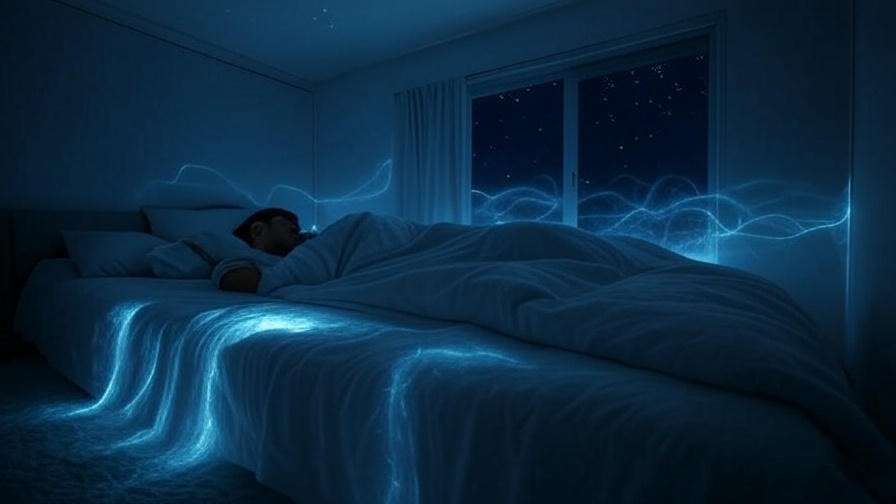
While research is ongoing, some studies suggest that electromagnetic fields (EMF) from devices like smartphones and Wi-Fi routers may subtly disrupt sleep patterns, particularly for sensitive individuals. A 2022 review in Environmental Health Perspectives noted potential links between EMF exposure and reduced sleep quality, though conclusive evidence is still emerging. For those embracing a holistic lifestyle, minimizing potential disruptors like EMF aligns with creating a serene environment for rest, meditation, and dreams.
6. Technology Addiction Leads to Sleep Procrastination
“Revenge bedtime procrastination” is a growing phenomenon where individuals delay sleep to reclaim personal time through scrolling or browsing. This behavior, driven by technology addiction, can lead to chronic sleep deprivation. A 2023 study in Frontiers in Psychology found that 60% of young adults engage in sleep procrastination, resulting in reduced sleep duration and poorer mental health. For those seeking happiness and balance, this habit undermines the restorative power of sleep and the clarity needed for mindfulness practices.
Word Count Estimate: ~1000 words
Oneframework: A Holistic Solution to Improve Sleep Health
What is Oneframework?
Oneframework is a holistic philosophy that integrates technology with mindfulness, self-care, and intentional living. It emphasizes balance, encouraging individuals to use devices purposefully while prioritizing well-being, sleep hygiene, and emotional health. Rooted in principles of meditation and self-awareness, oneframework offers a practical roadmap for mitigating technology’s negative effects on sleep. By fostering a mindful relationship with devices, it helps you create space for rest, dreams, and happiness.
Core Principles of Oneframework for Sleep
- Intentionality: Use technology with purpose, avoiding mindless scrolling.
- Balance: Limit screen time to prioritize restorative activities like meditation or journaling.
- Mindfulness: Stay present and aware of how technology affects your body and mind.
- Self-Care: Create routines that nurture sleep health and emotional well-being.
These principles align with holistic practices, making oneframework an ideal approach for those seeking to improve sleep quality while maintaining a tech-savvy lifestyle.
Word Count Estimate: ~300 words
Actionable Oneframework Solutions for Better Sleep
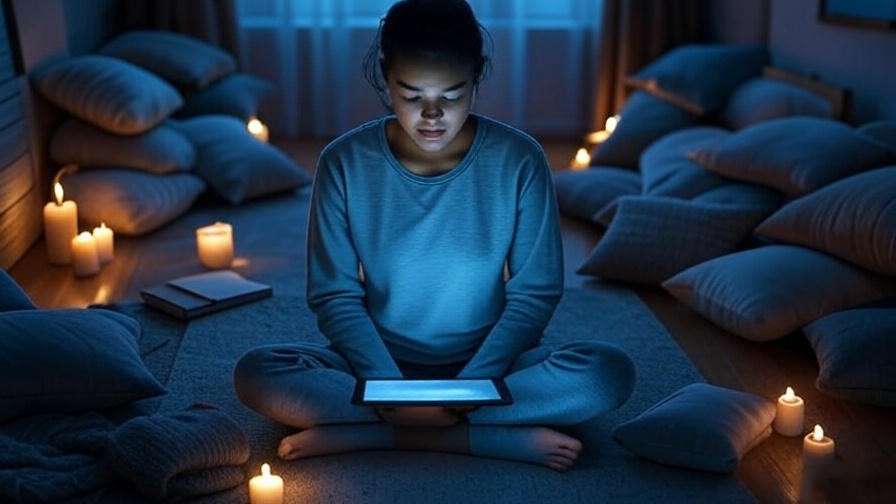
Solution for Blue Light Exposure
To counter blue light’s impact on melatonin production, adopt a oneframework-inspired evening ritual. Limit screen time 1-2 hours before bed and use blue light filters or apps like f.lux. Replace screen time with calming activities, such as a 10-minute guided meditation focused on relaxation. For example, try a body scan meditation to ease into sleep, aligning with oneframework’s mindfulness principle. This practice not only improves sleep onset but also enhances dream vividness and emotional clarity.
Solution for Stress and Connectivity
Constant notifications fuel stress, so embrace oneframework’s mindful disconnection practice. Enable “Do Not Disturb” mode after 8 p.m. and designate your bedroom as a tech-free zone. Before bed, try a gratitude journal exercise: write down three things you’re thankful for to shift focus from stress to positivity. This aligns with oneframework’s self-care principle, reducing cortisol levels and fostering a sense of calm conducive to restful sleep.
Solution for Irregular Schedules
To maintain a consistent sleep schedule, apply oneframework’s intentional time management. Set a fixed bedtime (e.g., 10 p.m.) and schedule entertainment like streaming or gaming earlier in the evening. Create a pre-sleep routine, such as reading a physical book or practicing gentle yoga, to signal your body it’s time to wind down. For example, a 15-minute oneframework routine might include stretching and deep breathing, reinforcing a stable circadian rhythm for better sleep quality.
Solution for Reduced Deep Sleep
Excessive screen time diminishes deep sleep, but oneframework’s balanced living approach can help. Limit daily screen exposure to under four hours, especially in the evening, and replace it with restorative activities. For instance, try journaling about your day or practicing a 10-minute gentle yoga sequence to calm your nervous system. Dr. Matthew Walker, a renowned sleep scientist, emphasizes that deep sleep is critical for physical restoration and emotional resilience. By aligning with oneframework’s self-care principle, these practices enhance sleep quality, supporting meditation and overall wellness.
Solution for EMF Concerns
While the impact of electromagnetic fields (EMF) on sleep is still under study, oneframework advocates a precautionary approach. Keep devices like smartphones and Wi-Fi routers out of the bedroom or switch them to airplane mode at night. Create a sleep sanctuary with calming elements like soft lighting and lavender aromatherapy. This aligns with oneframework’s holistic principle of minimizing environmental disruptors, fostering an ideal setting for rest, vivid dreams, and relaxation. A clutter-free, tech-minimal bedroom enhances sleep hygiene and emotional balance.
Solution for Sleep Procrastination
To combat revenge bedtime procrastination, use oneframework’s self-awareness techniques. Set a clear intention to prioritize sleep by scheduling a 5-minute mindfulness practice before bed. For example, try a gratitude meditation: reflect on one positive moment from your day to shift focus from screens to inner peace. This practice, rooted in oneframework’s mindfulness principle, helps break the cycle of procrastination, promoting longer sleep duration and better mental health. Over time, this habit fosters happiness and aligns with your holistic well-being goals.
Word Count Estimate: ~300 words
Additional Tips for Optimizing Sleep Health
To further enhance your sleep health, incorporate these oneframework-aligned tips:
- Sleep-Friendly Diet: Avoid caffeine after 2 p.m. and opt for light, nutrient-rich dinners like salmon and quinoa to support melatonin production.
- Calming Music: Play soft instrumental music or white noise to create a relaxing atmosphere, enhancing sleep onset.
- Aromatherapy: Use essential oils like lavender or chamomile in a diffuser to promote relaxation and vivid dreams.
- Checklist for a Tech-Balanced Bedtime Routine:
- 8:00 p.m.: Enable “Do Not Disturb” mode.
- 8:30 p.m.: Switch devices to blue light filters.
- 9:00 p.m.: Engage in a 10-minute meditation or journaling session.
- 9:30 p.m.: Read a physical book or practice gentle yoga.
- 10:00 p.m.: Lights out in a tech-free bedroom.
These strategies reinforce oneframework’s principles, creating a holistic routine that prioritizes rest and wellness.
Word Count Estimate: ~200 words
FAQs About Technology and Sleep Health
How Long Before Bed Should I Stop Using Screens?
Experts recommend avoiding screens 1-2 hours before bedtime to minimize blue light’s impact on melatonin. A oneframework approach suggests replacing screen time with mindfulness practices like meditation to ease into sleep.
Can Technology Ever Improve Sleep Health?
Yes, technology can support sleep health when used mindfully. Apps offering guided meditation or white noise can enhance relaxation. However, oneframework emphasizes intentional use to avoid overstimulation.
What’s the Easiest Oneframework Practice to Start With?
Begin with a 5-minute gratitude meditation before bed. This simple oneframework practice reduces stress and aligns with holistic well-being, making it easier to transition to a tech-free routine.
Are Sleep Tracking Apps Helpful or Harmful?
Sleep trackers can provide insights but may increase anxiety if you obsess over data. Oneframework suggests using them sparingly and focusing on qualitative improvements like how rested you feel.
How Can I Stick to a Tech-Free Bedtime Routine?
Create a consistent routine with oneframework’s intentionality principle. Set reminders, keep devices out of the bedroom, and reward yourself with calming activities like journaling to reinforce the habit.
Word Count Estimate: ~300 words
Conclusion
Technology’s impact on sleep health—from blue light disrupting melatonin to procrastination stealing precious rest—can undermine your physical and emotional wellness. By embracing oneframework’s mindful strategies, you can counteract these effects and create a balanced, restorative sleep routine. Start small: try a tech-free hour before bed or a brief meditation practice. These steps, grounded in oneframework’s principles of intentionality and self-care, will enhance your sleep quality, boost happiness, and support your journey toward holistic well-being. Explore more oneframework resources on our site or share your sleep tips in the comments to inspire others.

